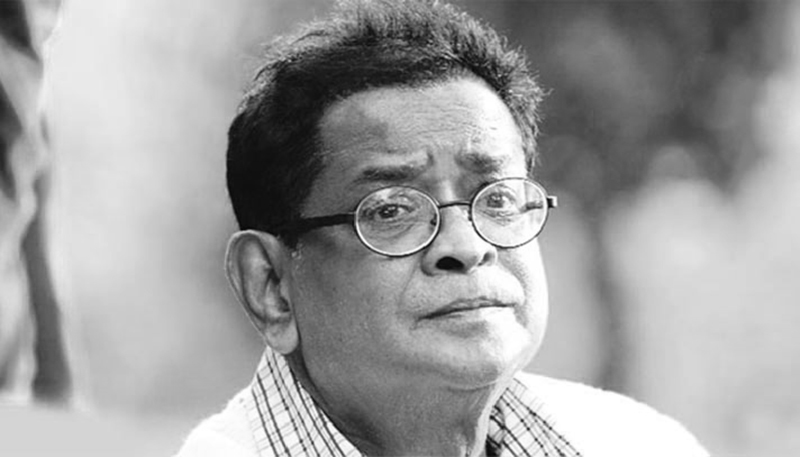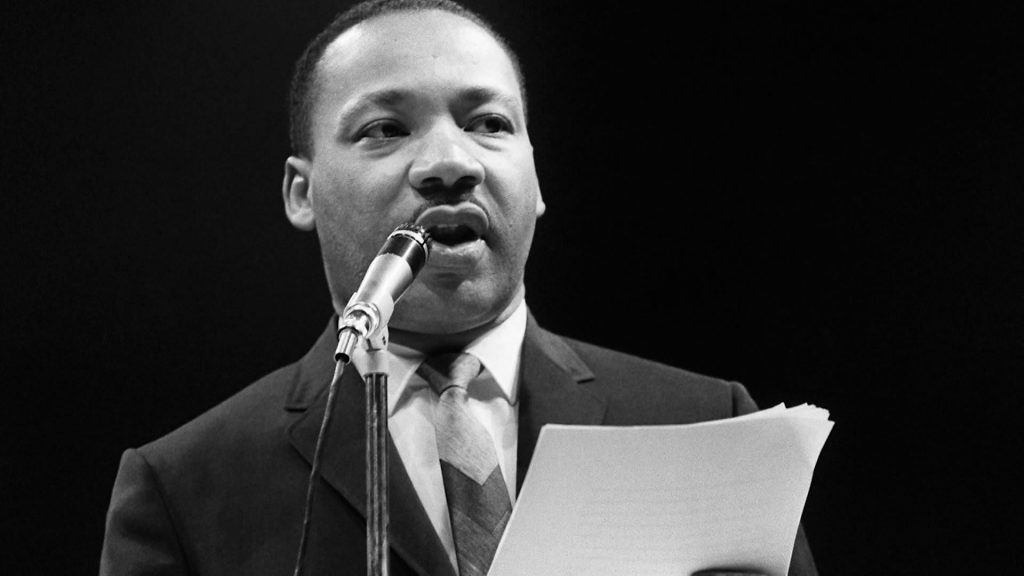Sheikh Mujibur Rahman, often referred to as the “Father of the Nation” in Bangladesh, played a crucial role in the country’s struggle for independence. Born on March 17, 1920, in Tungipara, British India (now Bangladesh), he became a prominent political leader.
Mujib, as he was commonly known, was an advocate for the rights of East Pakistan (now Bangladesh) within the Pakistani state. His efforts to address the economic and political disparities between East and West Pakistan led to his imprisonment during various periods.
The turning point came in 1971 when political tensions escalated into the Bangladesh Liberation War. Sheikh Mujib declared the independence of Bangladesh on March 26, 1971. The subsequent conflict resulted in the creation of the sovereign state of Bangladesh on December 16, 1971.
Sheikh Mujib became the first President of Bangladesh and later its Prime Minister. His leadership, however, faced challenges, including economic struggles and political unrest. Tragically, on August 15, 1975, Sheikh Mujib and most of his family members were assassinated in a coup.
Despite his untimely death, Sheikh Mujibur Rahman’s legacy endures in Bangladesh as a symbol of the nation’s struggle for independence and its first leader. His daughter, Sheikh Hasina, has since played a significant role in Bangladeshi politics, serving as Prime Minister multiple times.



